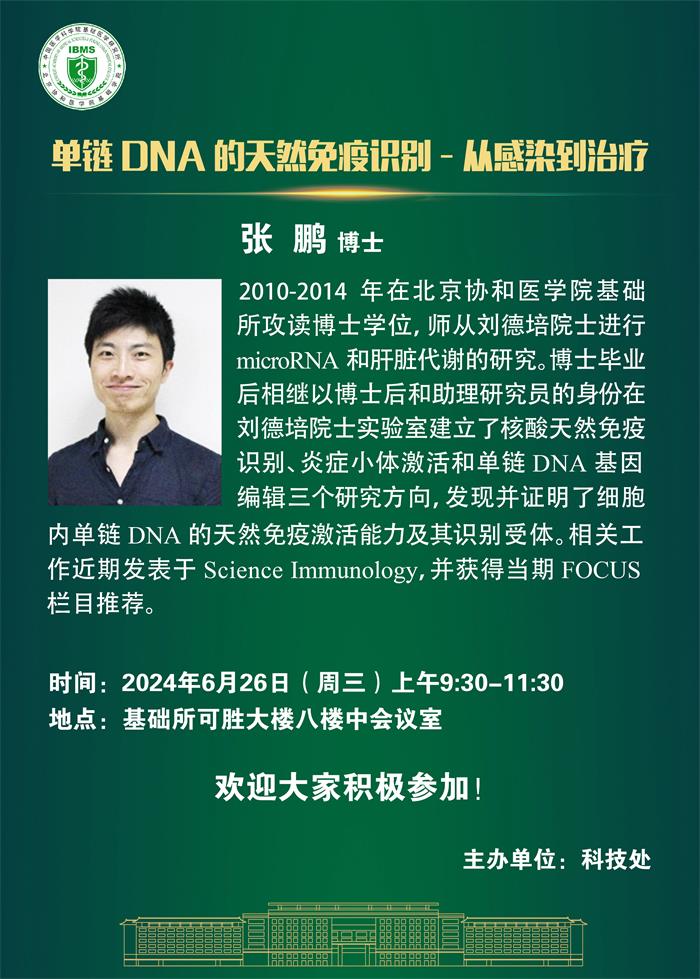The RNA helicase DDX46 inhibits innate immunity by entrapping m6A-demethylated antiviral transcripts in the nucleus.
Zheng Q1, Hou J2, Zhou Y2, Li Z2, Cao X1,2
Nat Immunol. 2017 Aug 28.
PMID: 28846086
Abstract
DEAD-box (DDX) helicases are vital for the recognition of RNA and metabolism and are critical for the initiation of antiviral innate immunity. Modification of RNA is involved in many biological processes; however, its role in antiviral innate immunity has remained unclear. Here we found that nuclear DDX member DDX46 inhibited the production of type I interferons after viral infection. DDX46 bound Mavs, Traf3 and Traf6 transcripts (which encode signaling molecules involved in antiviral responses) via their conserved CCGGUU element. After viral infection, DDX46 recruited ALKBH5, an 'eraser' of the RNA modification N6-methyladenosine (m6A), via DDX46's DEAD helicase domain to demethylate those m6A-modified antiviral transcripts. It consequently enforced their retention in the nucleus and therefore prevented their translation and inhibited interferon production. DDX46 also suppressed antiviral innate immunity in vivo. Thus, DDX46 inhibits antiviral innate responses by entrapping selected antiviral transcripts in the nucleus by erasing their m6A modification, a modification normally required for export from the nucleus and translation.





